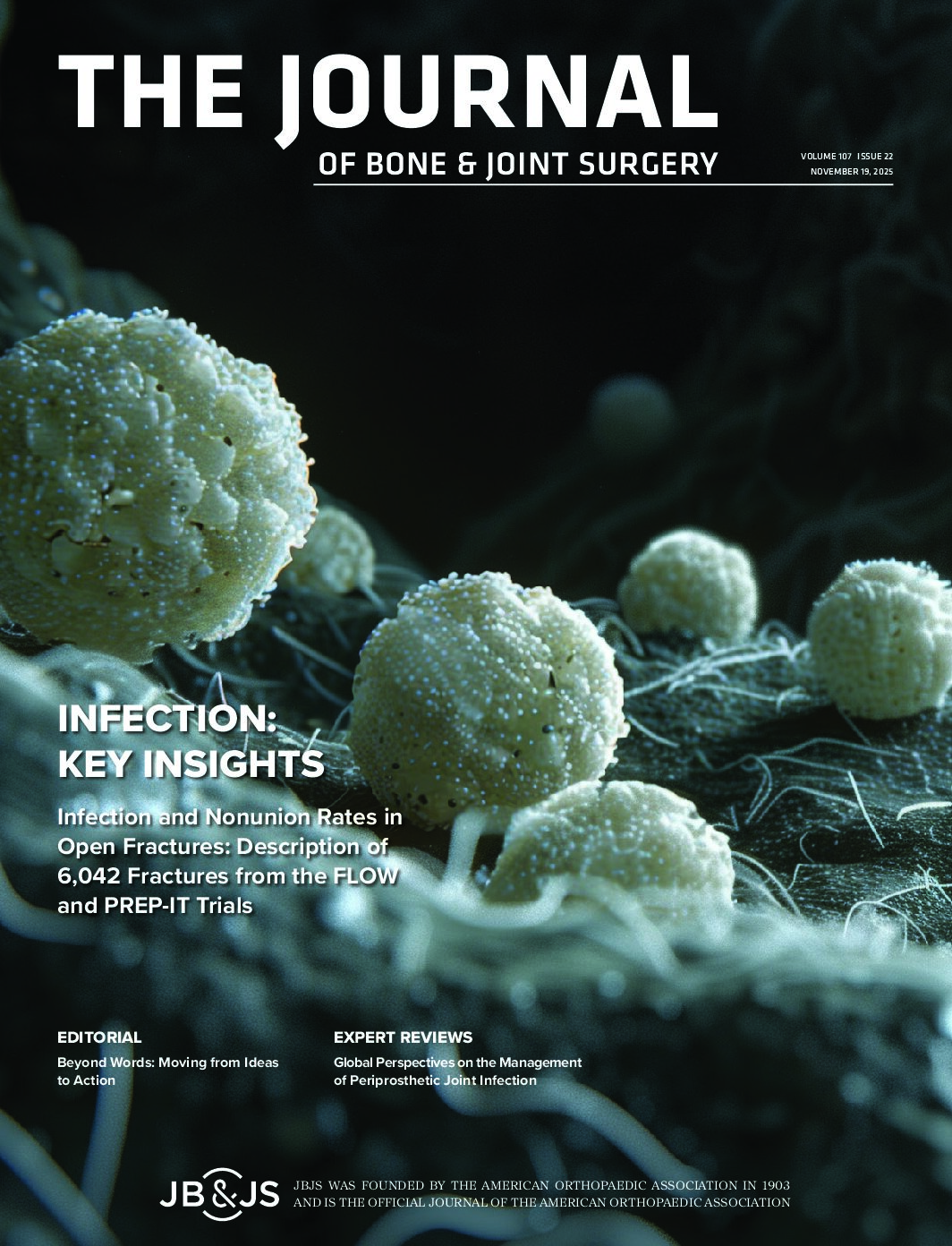The July 1, 2015 JBJS contains a database-driven analysis by Duchman et al. of more than 78,000 patients who underwent primary total hip or knee arthroplasty between 2006 and 2012. The authors found that the 10% who were current smokers had a higher rate of wound complications (1.8%), compared with rates in former smokers (1.3%) and nonsmokers (1.1%). Current smokers had approximately twice the rate of deep wound infections compared with former smokers or nonsmokers. The authors note, however, that periprosthetic infections—a specific complication of great interest to orthopaedists and patients—are not captured by the National Surgical Quality Improvement Program (NSQIP) database from which the analyzed data was extracted.
These findings align with several others that associate smoking with short-term postsurgical complications. However, commentators Jeffrey Cherian, DO and Michael Mont, MD note that this study’s definitions of “current” smokers (those who smoked within one year of surgery) and “former” smokers (those who did not smoke in the year prior to surgery but did smoke a pack a day or more for at least a year before that) leave surgeons “unable to adequately define a time point at which smoking should be stopped prior to surgery…to decrease the risk of adverse outcomes.” The commentators call for trials that more strictly stratify patients by tobacco usage so that surgeons can “evaluate the optimal time point for smoking cessation as well as the best programs and options for nicotine replacement.”


